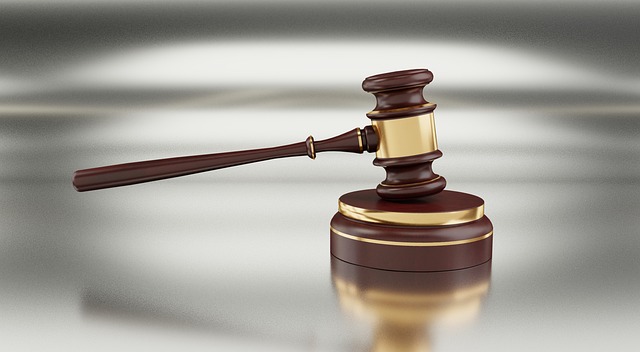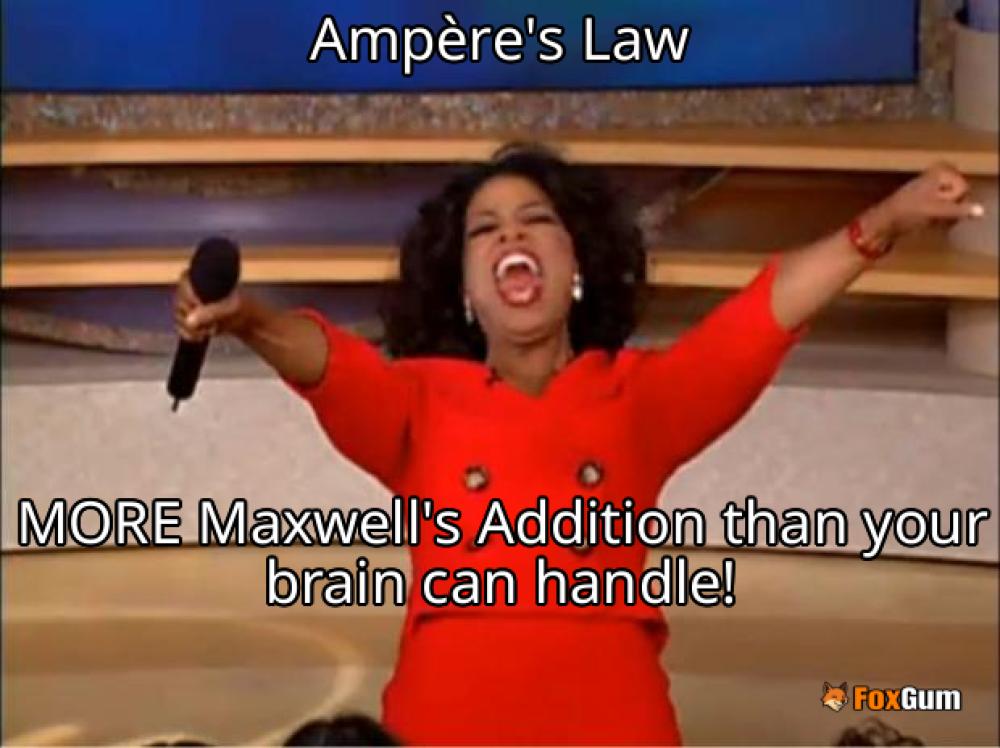
Fiduciary Duty: The Backbone of Trust
Fiduciary duty might sound like a term you’d hear in a legal drama or during a particularly thrilling episode of “Law & Order,” but it’s actually a concept that plays a crucial role in the world of business and personal relationships. So, grab your legal pads and put on your best lawyer face, because we’re diving into the nitty-gritty of what fiduciary duty really means.
What is Fiduciary Duty?
In simple terms, fiduciary duty refers to the legal obligation of one party to act in the best interest of another. Think of it as the ultimate trust fall—only instead of falling backward into a group of friends, you’re putting your financial and legal well-being in someone else’s hands. This duty is most commonly seen in relationships like that of a lawyer to their client or a director to their corporation. It’s about loyalty, care, and a dash of good faith.
Types of Fiduciary Relationships
Fiduciary relationships come in various flavors, and each has its own unique responsibilities. Here are a few key types:
- Corporate Directors and Officers: These folks are like the captains of the ship. They must steer the company in a direction that benefits shareholders without letting personal interests cloud their judgment.
- Attorneys and Clients: Lawyers have a duty to put their clients first, which means no sneaky side deals or playing favorites. It’s like a trust fall, but with legal documents.
- Guardians and Wards: Guardians have a responsibility to look out for their wards, ensuring their needs are met, much like a superhero but with fewer capes and more paperwork.
- Doctors and Patients: Physicians must act in the best interests of their patients, making sure they get the care they need without letting personal biases get in the way.
The Core Principles of Fiduciary Duty
At the heart of fiduciary duty are a few key principles that keep the wheels of trust turning:
- Duty of Care: This means making informed decisions and taking the necessary steps to avoid harm. It’s like not letting your buddy drive after he’s had one too many.
- Duty of Loyalty: This is where things get serious. It means putting the interests of the beneficiary above your own. So, if you’re a corporate director, you can’t just pocket all the profits for yourself!
- Duty of Good Faith: This is all about honesty and transparency. No one likes a shady character, especially when it comes to money matters.
Consequences of Breaching Fiduciary Duty
Breaking fiduciary duty can lead to serious consequences. If a fiduciary fails to act in the best interest of their beneficiary, they could face legal action, financial penalties, or even a loss of their professional license. It’s like being kicked off the team for not playing fair—nobody wants that.
Conclusion
In the end, fiduciary duty is all about trust and responsibility. Whether you’re a corporate director, a lawyer, or just someone trying to navigate the complexities of personal relationships, understanding these duties can help you build stronger, more trustworthy connections. So, the next time you hear the term “fiduciary duty,” remember it’s not just legal jargon; it’s the glue that holds our professional and personal lives together. Now, who’s ready for a trust fall? 😄

















 Pets Transformation & Boarding Llc Photos
Pets Transformation & Boarding Llc Photos 
 Health
Health  Fitness
Fitness  Lifestyle
Lifestyle  Tech
Tech  Travel
Travel  Food
Food  Education
Education  Parenting
Parenting  Career & Work
Career & Work  Hobbies
Hobbies  Wellness
Wellness  Beauty
Beauty  Cars
Cars  Art
Art  Science
Science  Culture
Culture  Books
Books  Music
Music  Movies
Movies  Gaming
Gaming  Sports
Sports  Nature
Nature  Home & Garden
Home & Garden  Business & Finance
Business & Finance  Relationships
Relationships  Pets
Pets  Shopping
Shopping  Mindset & Inspiration
Mindset & Inspiration  Environment
Environment  Gadgets
Gadgets  Politics
Politics 